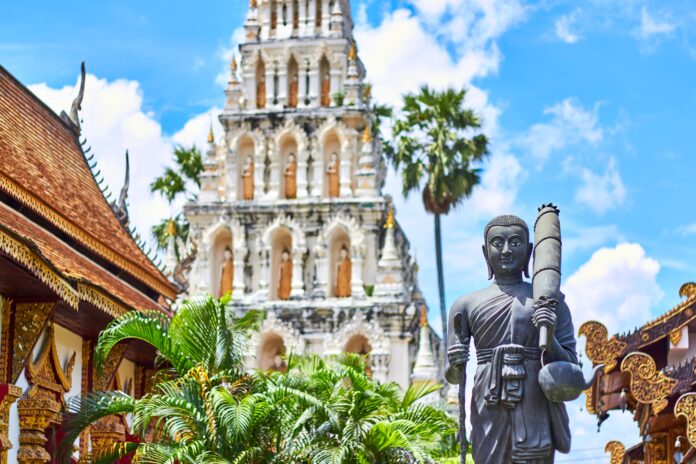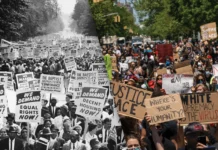King Maha Vajiralongkorn, also known as Rama X, ascended to the throne of Thailand in December 2016, following the passing of his father, King Bhumibol Adulyadej. Since his accession, King Vajiralongkorn has been a prominent figure in Thailand, playing a pivotal role in the country’s cultural, political, and social landscape. In this article, we will explore the life and reign of King Maha Vajiralongkorn and his significance in modern Thailand.
A Royal Legacy
King Maha Vajiralongkorn was born on July 28, 1952, in Bangkok, Thailand, as the second of four children of King Bhumibol Adulyadej (Rama IX) and Queen Sirikit. His early years were marked by a rigorous education, both in Thailand and abroad. He attended various prestigious institutions, including the Royal Military College, Duntroon, in Australia, and the United States Army Command and General Staff College at Fort Leavenworth, Kansas.
As he grew older, King Vajiralongkorn assumed various roles within the Thai monarchy, which helped him gain valuable experience in matters of state. He held military ranks and played a significant role in the Thai armed forces. His training and experience in both military and administrative matters have prepared him for the responsibilities of the throne.
Ascension to the Throne
King Maha Vajiralongkorn’s ascension to the throne came after the passing of his beloved father, King Bhumibol Adulyadej, who had reigned for an astounding 70 years. The Thai people deeply mourned the loss of their revered monarch, and the nation entered a period of mourning and reflection.
On December 1, 2016, King Vajiralongkorn officially accepted the invitation to become the new monarch and was crowned King Rama X in a grand ceremony held at the Grand Palace in Bangkok. This transition marked a significant moment in Thai history as it signaled the beginning of a new era for the country.
A Modern Monarch
As King, Maha Vajiralongkorn has continued to uphold the traditions and responsibilities of the Thai monarchy while also adapting to the changing dynamics of the modern world. He is seen as a symbol of unity and stability in Thailand, a nation that has experienced political turbulence in recent years.
One of King Vajiralongkorn’s notable initiatives has been his dedication to the welfare of the Thai people. He has actively supported various charitable and development projects, particularly in rural areas. Additionally, he has played a pivotal role in preserving and promoting Thai culture, art, and heritage.
King Vajiralongkorn has also sought to strengthen the monarchy’s relationship with the people, making efforts to be more accessible and visible. His royal engagements and interactions with the public have endeared him to many Thais.
Challenges and Controversies
While King Maha Vajiralongkorn’s reign has been marked by positive initiatives, it has not been without challenges and controversies. The King’s personal life has garnered significant attention, both domestically and internationally, leading to debates and discussions about the role of the monarchy in modern Thailand.
The Thai monarchy traditionally enjoys a high level of reverence and respect, and discussions about it can be sensitive. Consequently, any controversies surrounding the monarchy can have wide-ranging implications.
King Maha Vajiralongkorn, as Thailand’s current monarch, plays a central role in the nation’s cultural and political life. His reign is marked by a combination of tradition and modernity as he seeks to uphold the legacy of the Thai monarchy while addressing the challenges and expectations of the 21st century. While his reign has faced its share of controversies and discussions, King Vajiralongkorn remains an influential figure in Thailand, with the potential to shape the country’s future in significant ways.
Photo by Mathew Schwartz on Unsplash
Views: 40






